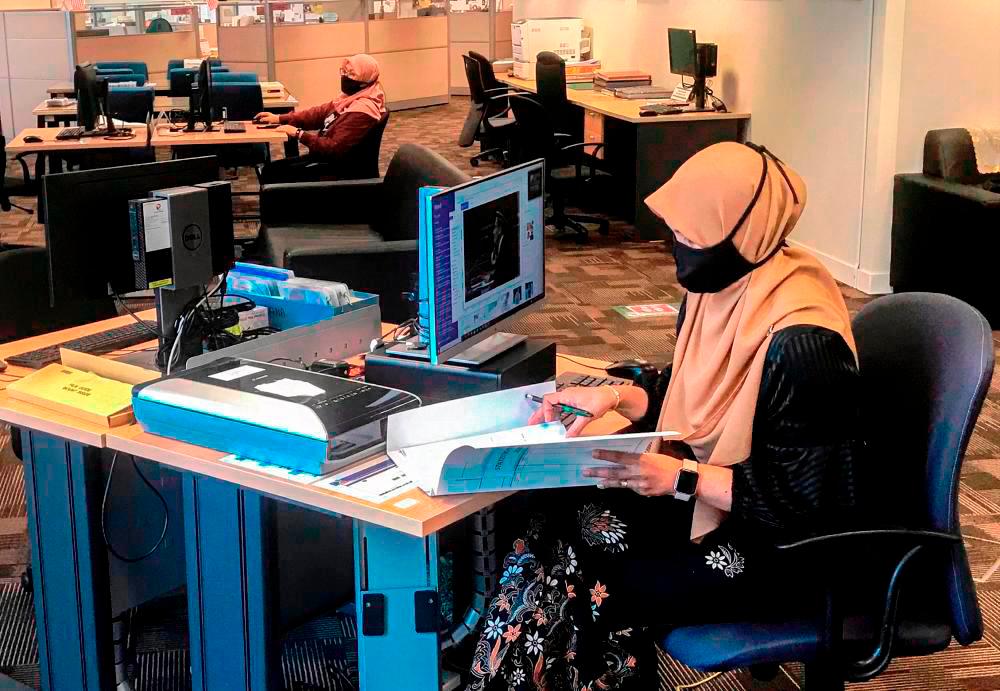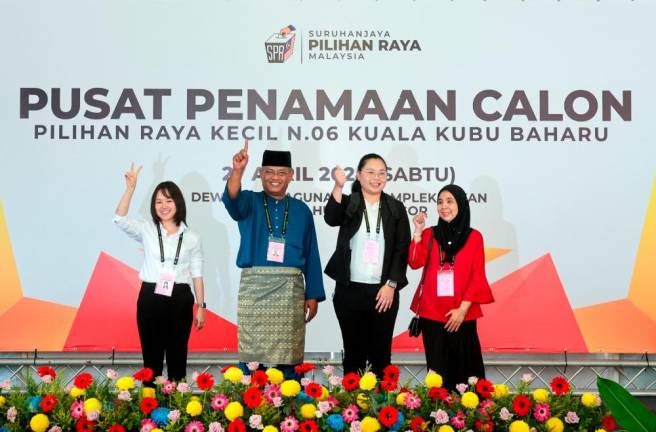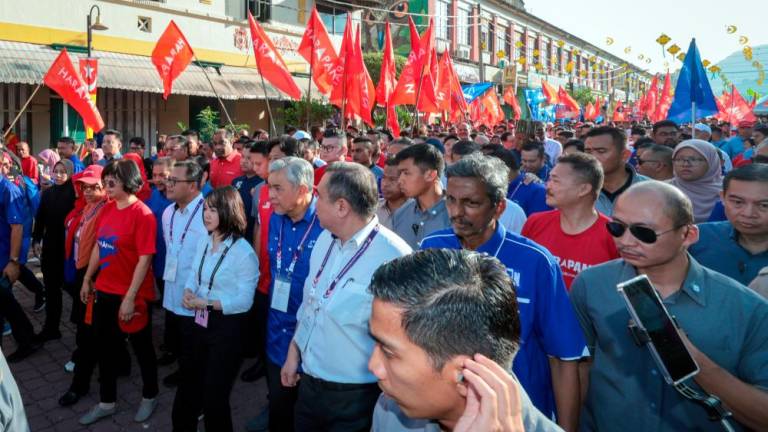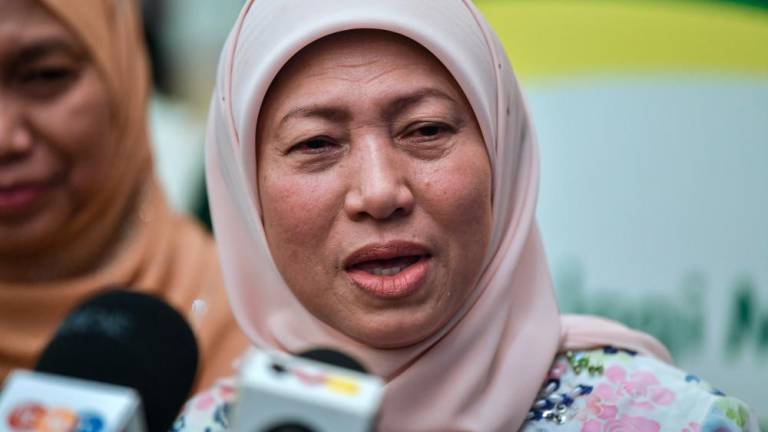PETALING JAYA: Reducing women’s salaries as a trade-off for flexible working hours will deepen the existing gender wage gap in the country and reinforce traditional gender roles, said Sisters in Islam communications officer Aleza Othman.
“Prime Minister Datuk Seri Anwar Ibrahim’s suggestion to introduce flexible working hours for female civil servants aims to address work-life balance challenges.
“While his intention is good, it unfortunately narrows the focus on women as the primary beneficiaries, and risks reinforcing traditional gender roles.”
Aleza said it would also restrict opportunities for women’s personal and professional growth as they prioritise family well-being, and lead to unequal distribution of responsibilities, with women burdened with caregiving duties and men pressured to fulfil breadwinning roles.
She said Anwar’s suggestion also perpetuates the notion that women’s work is inherently worth less than men’s and solidifies the gender pay gap.
“Women are disproportionately affected by such arrangements due to societal expectations and norms. Associating such flexibility with reduced compensation reinforces stereotypes about women’s commitment and competence in the workplace.
“Consequently, reducing women’s salaries in exchange for flexible hours will affect their financial stability as well.”
Aleza said focusing only on women overlooks the diverse needs and responsibilities of individuals irrespective of gender, and potentially impedes the progress of achieving greater gender equality.
“It is important to also consider the needs of single fathers to ensure inclusivity and fairness as it boosts efforts towards achieving true gender equality.
“By acknowledging and accommodating the needs of single fathers, the proposal can better address the diverse caregiving responsibilities that individuals have, regardless of gender.”
Universiti Malaya senior lecturer and coordinator for its gender studies programme Dr Lai Suat Yan said the suggestion is deficient as it perpetuates the stereotype that caregiving is solely a woman’s responsibility.
“Despite being promoted as innovative, the initiative is regressive as flexible working hours come with reduced pay. This approach fails to address the existing gender pay gap.
“Flexible working hours typically entail precarious conditions with less job security and lower salaries. It is disappointing that such a proposal is made on the occasion of International Women’s Day.”
Lai said there is a need for diverse working models that are tailored to different job requirements.
She advocated flexibility in work schedules, remote work options and compressed working hours.
“The gender wage gap in Malaysia remains a significant concern, with the country ranking 102nd among 146 countries assessed by the World Economic Forum’s Global Gender Gap 2023 report.
“Therefore, it is crucial to develop the ‘care economy’ to support working parents and ensure adequate representation of women in higher management positions, rather than worsening gender inequality and the gender pay gap.”
Lai said addressing structural issues such as unequal pay, financial instability and limited career advancements is crucial to achieving genuine gender equality in the workforce.
“Advocating a holistic approach that promotes shared caregiving responsibilities, supports working parents and challenges gender stereotypes can achieve genuine gender equality.”










